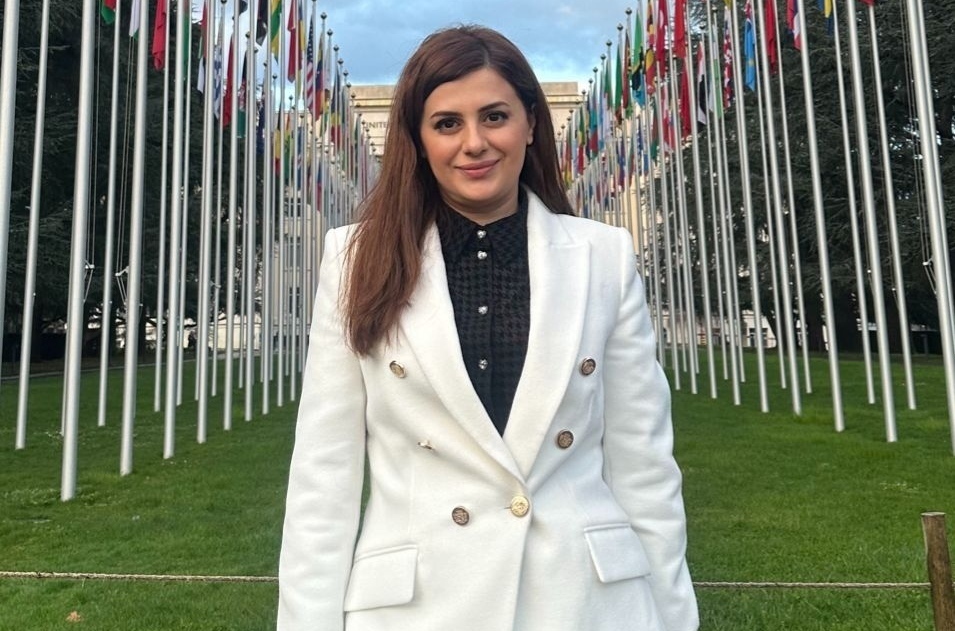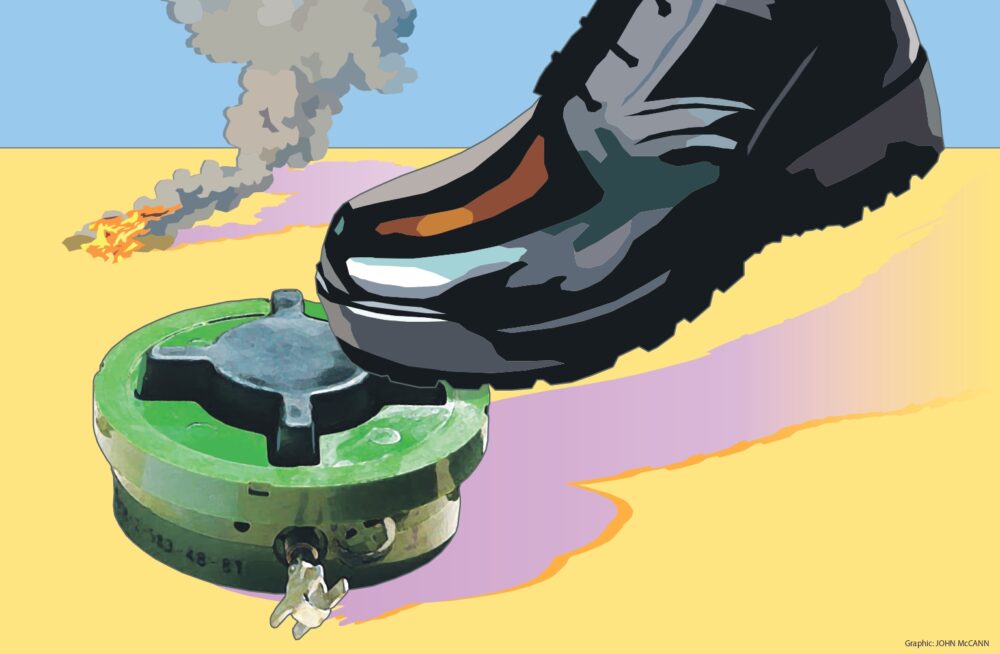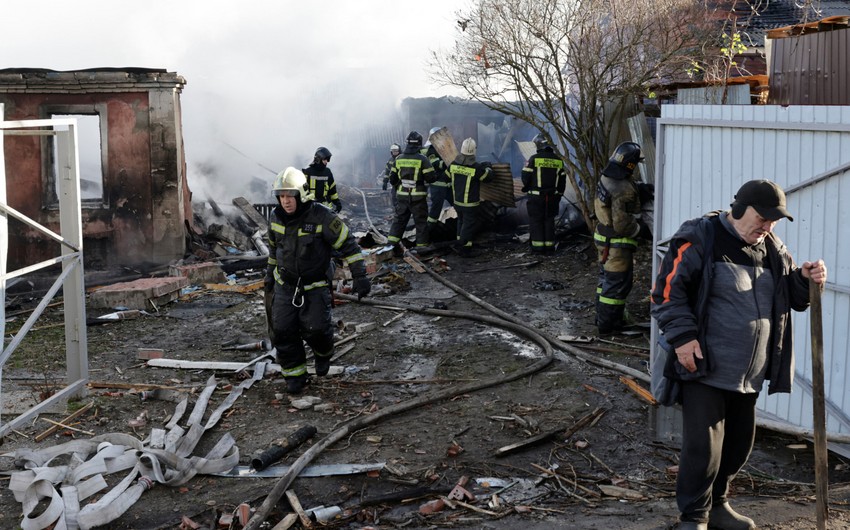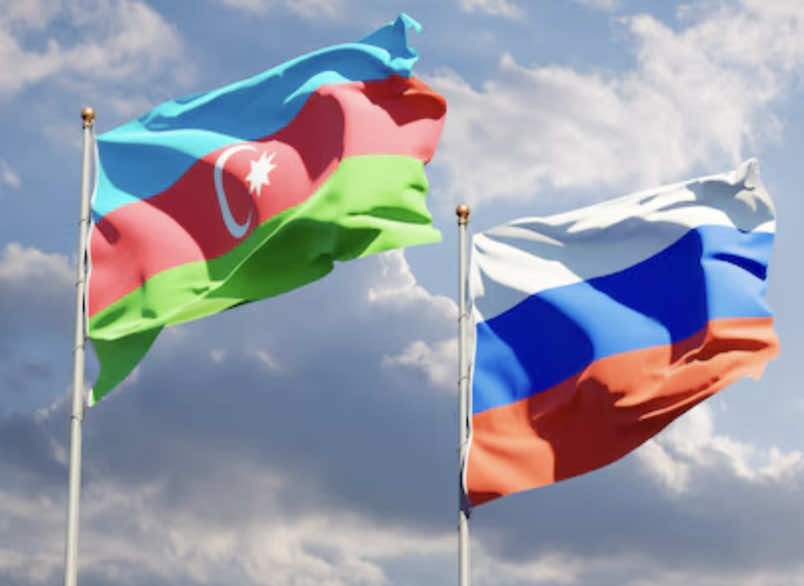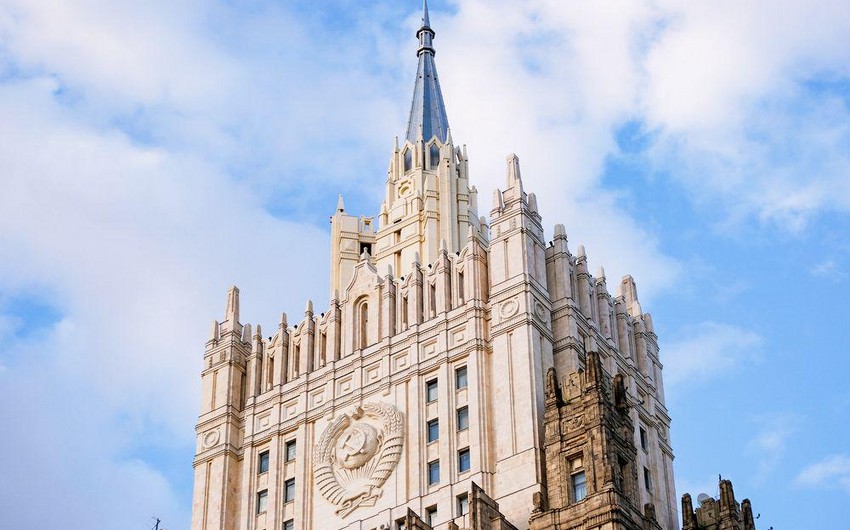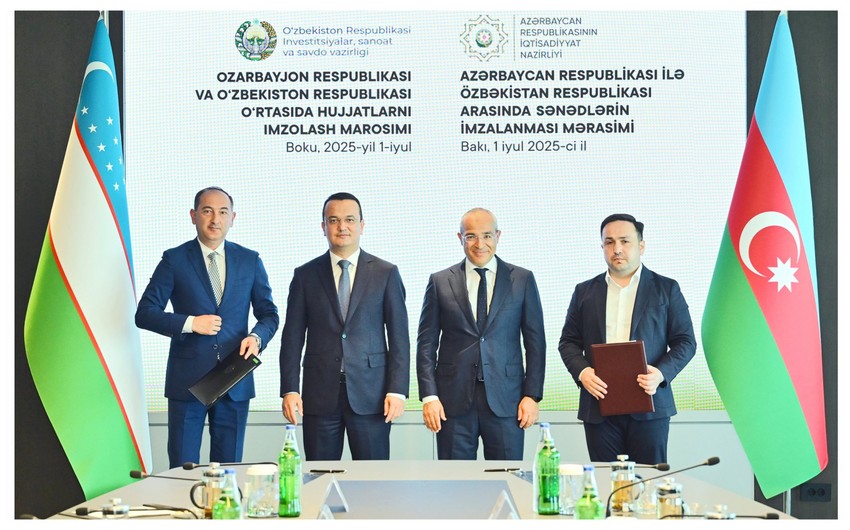The environmental damage caused by mining activities in the Republic of Armenia is a serious concern, particularly due to its impact on transboundary rivers and ecosystems shared with neighboring countries. The mining activities in the basins of rivers such as Pambak (Debed), Aparanchay, Zangichay, Vedichay, Arpachay, Okchuchay, Bazarchay, among others, directly impact Azerbaijan and neighboring countries, as these rivers feed into major water sources like the Kur and Araz Rivers. This pollution threatens not only the local population but also the biodiversity, soil quality, and aquatic life along the river.
It blatantly violates internationally recognized environmental standards, particularly those set by the UN Economic Commission for Europe’s (UNECE) Convention on Environmental Impact Assessment in a Transboundary Context (Espoo Convention). The convention emphasizes the necessity of international cooperation when multiple countries are affected by cross-border environmental impact. Armenia’s continued mining activities without consent or consultation with neighboring countries, violate the principles of the Convention, which calls for shared environmental assessments and the protection of all affected parties.
The "Environmental Protection First" (EPF) NGO Coalition created a map, that highlights the growing environmental crisis leaded by the Armenia’s extractive industries.
Civil society organizations from around the world, even from Armenia express their concerns about lack of responsible environmental governance by Armenia and call Armenia government emphasizing the importance of cooperation between governments and non-governmental organizations (NGOs) to address the environmental crisis in the region. Armenia’s continued refusal to cooperate with Azerbaijan and other affected countries raises significant questions about its commitment to transparency and environmental governance.
One alarming development that highlights the severity of the situation is the recent revelation about the Dastakert mine in Armenia. This mine has had devastating effects on the nearby ecosystem. The city of Dastakert, which once housed 6,000 residents, is now a ghost town, with fewer than 200 people left. Mining activities in this area, particularly in the Bazarchay basin, have resulted in the discharge of heavy metal-laden particulates into nearby rivers, including the “Hakarichay” and the Araz River.
The impact of these activities is not only felt in Armenia and Azerbaijan but has also been a topic of concern in neighboring countries, including Iran. Turkey raised a question on the pollution of Metsamor Nuclear Power Plant (NPP) in Armenia and Georgia also about the pollution of Pambak river which is a transboundary river carries out highly toxic chemicals from Armenia to Georgia.
A recent report from Iran’s environmental newspaper "Pəyam-e ma" highlighted the high concentration of 59 heavy metals in the Araz River, including aluminum, arsenic, copper, manganese, molybdenum, lead, and vanadium, all primarily stemming from Armenia’s mining operations. The pollution of the Araz River has become a pressing issue for communities living along its banks, where the residents have reported increasing health problems, including a rise in stomach cancer.
This damage includes widespread deforestation, unsustainable logging practices, mining activities, and the construction of hydropower plants, all of which have harmed the region's biodiversity. The United Nations Environment Programme (UNEP) has documented significant damage to Azerbaijan’s protected forests, some of which contain trees that are over 2,000 years old. Additionally, the UNEP report found that mining activities during the occupation caused significant pollution to both water and soil, with several species of fish found dead in the Okhchuchay River, and many other species now threatened by the environmental destruction.
The military occupation of Azerbaijani territories by Armenia has left a devastating environmental legacy, and Azerbaijan remains committed to seeking justice and holding Armenia accountable for its actions.
Preparing to host 17th session of Conference of Parties to the UN Convention on Biological Diversity – COP17, Armenia must consider these issues, respond civil society calls, hold and implement its commitments on the protection of biodiversity in the region.
Parvana Valiyeva
MP of Azerbaijan
Co-founder of the "Environmental Protection First" (EPF) NGO Coalition

